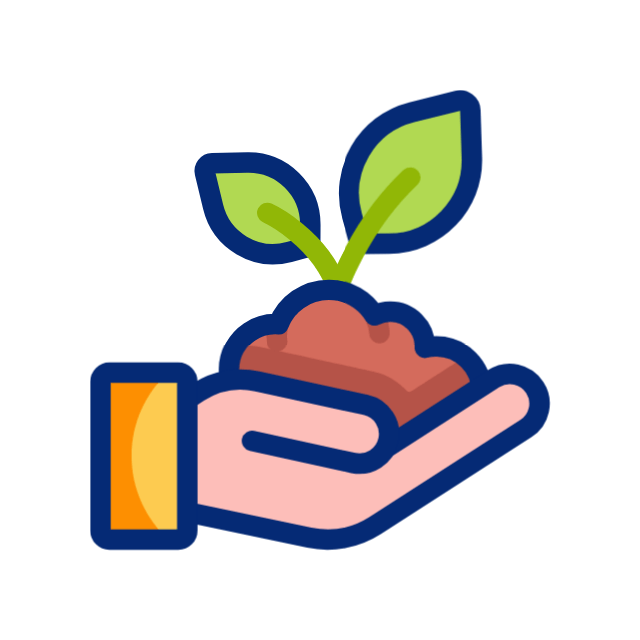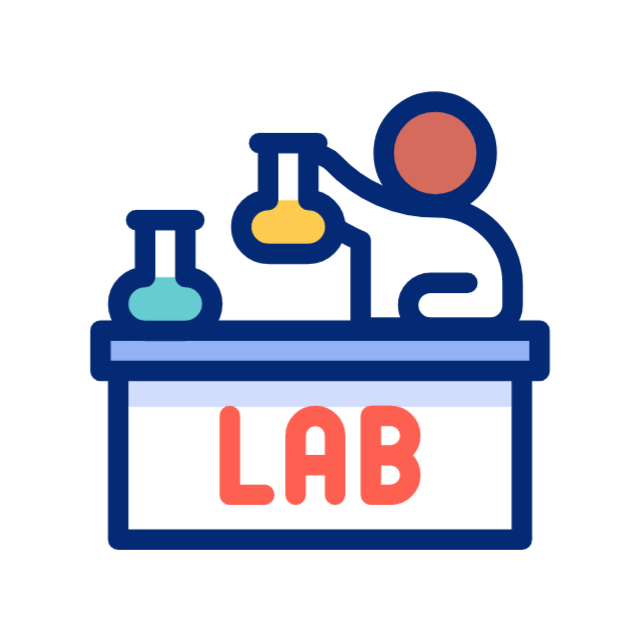Introduction:
A Ph.D. in Medicinal Plants delves into the fascinating world of herbal medicine. Through rigorous research, you’ll explore the science behind these natural remedies, uncovering their healing properties and potential applications. From ancient traditions to modern pharmacology, this program equips you with the knowledge to contribute to the field of botanical medicine.
Admission Process:
- Application Form: Candidates need to fill out an application form, providing details about their educational background, research interests, and goals.
- Transcripts and CV: Submit transcripts of previous academic work (such as master’s degree) and a curriculum vitae (CV) or resume.
- Letters of Recommendation: Obtain letters of recommendation from professors or professionals who can vouch for your academic abilities and research potential.
- Research Proposal: Prepare a research proposal outlining your intended research topic, methodology, and objectives.
- Interview: Some programs may require applicants to attend an interview. This interview allows you to discuss your research interests and clarify any questions related to the program.
Eligibility:
- Educational Qualification: Candidates should have completed a master’s degree (M.Sc. or equivalent) in a relevant field such as Botany, Pharmacology, or Herbal Medicine.
- Minimum Marks: Most universities require a minimum aggregate score (e.g., 55% or higher) in the master’s degree.
- Entrance Test: Some institutes conduct an entrance test to assess candidates’ knowledge and research aptitude. Clearing this test is essential for admission.
- Research Proposal: Applicants need to submit a well-defined research proposal outlining their intended area of study within medicinal plants.
- Interview: Shortlisted candidates may be called for an interview to discuss their research interests and suitability for the program.
Completion Time:
The completion time for a Ph.D. in Medicinal Plants typically ranges from 3 to 5 years. During this period, students engage in rigorous research, coursework, and the development of their doctoral thesis. The exact duration may vary based on the research topic, individual progress, and any additional requirements set by the university or research institute.
Career Opportunities:
- Research Scientist: As a research scientist, you can work in academic institutions, pharmaceutical companies, or research organizations. Your expertise in medicinal plants will contribute to drug discovery, herbal formulations, and natural product development.
- Academic Positions: With a Ph.D., you can become a professor or lecturer in universities, teaching courses related to herbal medicine, ethnobotany, and plant-based therapies.
- Herbal Product Development: Join companies specializing in herbal products, cosmetics, or dietary supplements. Your knowledge of medicinal plants will be valuable in formulating safe and effective products.
- Consultant: Offer your expertise as a consultant to industries, NGOs, or government bodies working on herbal medicine policies, quality control, and sustainable plant sourcing.
- Clinical Trials and Pharmacovigilance: Participate in clinical trials, ensuring the safety and efficacy of herbal medicines. Work in pharmacovigilance to monitor adverse effects.
- Traditional Medicine Practitioner: Combine modern research with traditional knowledge to practice herbal medicine. You can run your own clinic or work in wellness centers.
Syllabus:
- Plant Anatomy and Physiology: Understanding the structure and function of plants.
- Medicinal Plant Chemistry: Studying the chemical properties of plants used in medicine.
- Bioinformatics: Applying technology to biological data.
- Ethnopharmacology: Exploring the medicinal use of plants in various cultures.
- Research Methods: Learning scientific methods for conducting research.
Internship Opportunities:
- Research Institutes: Engage in advanced research at institutes like CSIR-CIMAP, which offers internships in agricultural, biological, and chemical sciences related to medicinal plants.
- Payment-Based Training: Some programs require a fee and provide full-time, on-site training in R&D areas relevant to medicinal plants.
- International Opportunities: Look for internships abroad or online that focus on medicinal plant research, which can broaden your perspective and network.
Scholarship and Grants:
- University Fellowships: Many universities offer fellowships covering tuition and a stipend.
- Government Grants: National and regional government bodies may provide research grants.
- Private Foundations: Organizations focused on herbal medicine may offer funding.
- Industry Sponsorships: Pharmaceutical companies sometimes sponsor research in medicinal plants.
- International Aid: Global initiatives may support students from developing countries.
FAQs:
What is the focus of the Ph.D. program?
The program focuses on the study of plant-based medicines, their chemical composition, biological activity, pharmacology, and clinical efficacy.
What is the admission process?
Admission typically involves a written test followed by an interview. Some institutions, like CSIR-CIMAP, offer admissions under specific research areas.
What are the career prospects?
Graduates may pursue careers in academic research, pharmaceutical or biotech companies, government agencies, or non-profit organizations focused on herbal medicine.
What kind of research can I conduct?
Research may include the identification and isolation of bioactive compounds, investigation of their mechanisms of action, and exploration of traditional plant-based medicine.
Are there opportunities for interdisciplinary study?
Yes, the program often combines aspects of botany, pharmacology, chemistry, and traditional medicine for a holistic understanding of medicinal plants.
Can I work with traditional medicine communities?
Opportunities may exist to work with communities that use traditional plant-based medicine and develop partnerships with organizations focusing on herbal medicine.
How is the program structured?
It is a research-oriented program that may involve laboratory and field research, data analysis, and publishing findings in scientific journals.

















